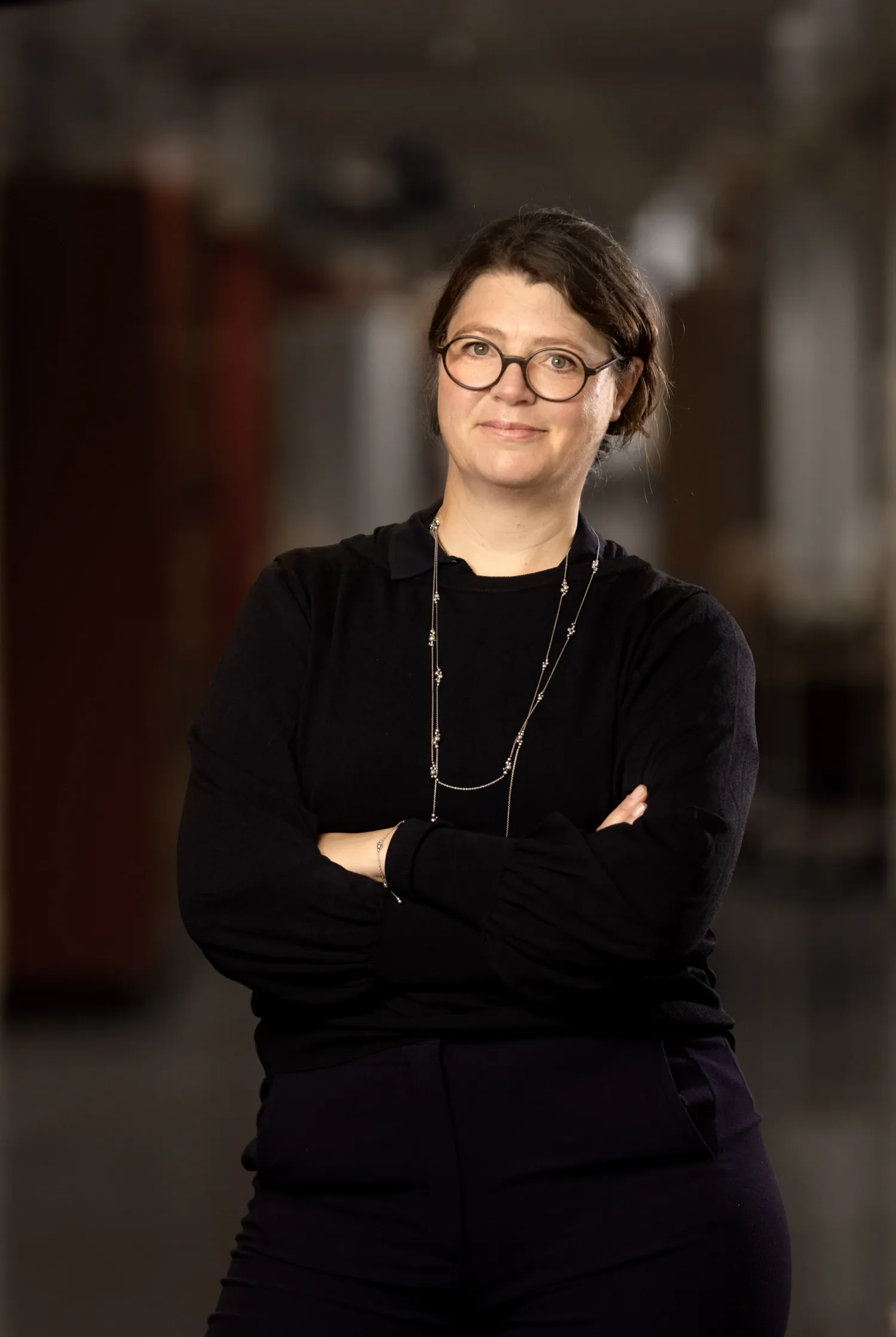A third of the Swedish population lives with a chronic inflammatory skin disease, such as psoriasis, eczema and vitiligo. Liv Eidsmo is mapping the skin's T cells to better understand why the diseases often recur at the same place. Meet one of the new professors of Karolinska Institutet who will participate in this year's installation ceremony at Aula Medica on 3 October.
Text: Karin Tideström, for KI's installation ceremony booklet 2024
What are you researching?
"We want to understand why chronic inflammatory skin diseases often recur at places on the skin that have previously been afflicted by the disease. Even though new drugs can effectively clear up diseases like psoriasis and eczema, local relapses are common when the treatment is stopped. We demonstrated that T cells residing in the skin form a local disease memory that remains in the resolved skin for a very long time. We're now studying how these disease-driving T cells are formed and how they interact with tissue-cells in different microenvironments within the skin."
How are you going about this?

"To understand what happens in the skin, we're mapping out the local microenvironment in healthy, diseased and healed tissue. Karolinska Institutet has a unique psoriasis registry containing 800 persons who have been followed for almost 20 years, from the onset of their disease. Patients who receive immunomodulating therapy are also followed and we participate in clinical studies. In skin samples, we map gene expression and cell proteins from skin, joint and blood samples. We use humanised animal models to knock out pathogenic T cells and study basic mechanisms of cellular renewal. Our proximity to SciLifeLab gives us access to the latest analytical methods."
Why is this important?
"One in three people in Sweden live with an inflammatory skin disease. Such diseases profoundly affect life and many patients develop comorbidities, such as depression, overweight and joins disorders. Understanding the basic pathological mechanisms is crucial to finding the drugs of tomorrow. It is also essential to understand how the immune system in healthy skin operates to normalise diseased skin."
About Liv Eidsmo
Professor of Dermatology and Venereology at the Department of Medicine, Solna
Liv Eidsmo was born in 1973 in Stockholm. She graduated in medicine at Karolinska Institutet in 1999, and received her PhD with a thesis on immunobiology in 2006. She completed her postdoctoral studies at Melbourne University in Australia and started her first research group at Karolinska Institutet in 2010 in parallel to specialist training in dermatology. Liv Eidsmo became docent of dermatology and venereology in 2014. In 2021, she was recruited as professor of translational dermatology at Copenhagen University and director of the Leo Foundation Skin Immunology Research Centre. She became consultant dermatologist at Karolinska University Hospital in May 2024. Liv Eidsmo was appointed Professor of Dermatology and Venereology at Karolinska Institutet on 1 May 2004.






